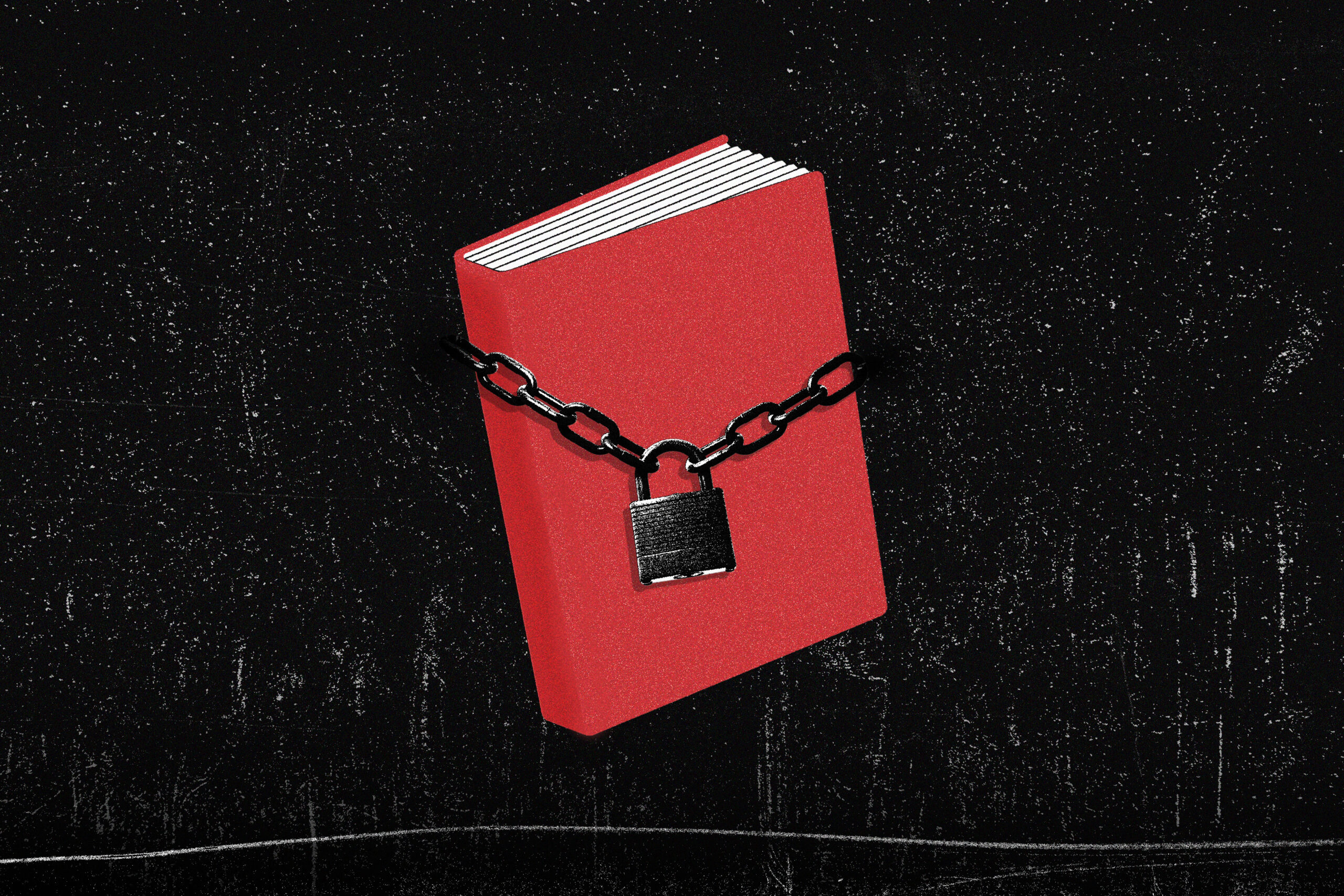Book banning has become so prevalent—and so divisive—that some are calling it the new pandemic.
Data collected from the American Library Association demonstrates that book ban requests in 2022 are on pace to outstrip 2021, which was itself a record year.
And a comprehensive report by PEN America, a literary organization dedicated to protecting free speech, shows that bans have been formalized in 132 school districts across 32 states, with Texas and Florida taking the No. 1 and No. 2 spots.
While California has been spared the type of censorship happening on a national scale—no book bans have been officially passed in our state—looking at the requests for banned books can be just as instructive.
We examined the only four book ban requests formally processed by the San Francisco Public Library (SFPL) to understand just how different the Bay Area is from the rest of the country.
The following four titles—none of which have actually been removed from the shelves at the SFPL—demonstrate that we are living in a veritable book ban bubble.
The Bible
According to the Guinness Book of World Records, the Bible is the bestselling book of all time, with five billion copies sold worldwide and countless others donated to hotel room nightstand drawers.
Yet in San Francisco, it’s one of the only books that locals have asked the library to yank from its inventory.
That’s not too surprising. San Francisco has consistently remained below the national average of religious adherents. The city dropped to an all-time low of faithful 35.1% in 2020, compared with the national average of 48.7%.
Such a low population of churchgoers could lead to skepticism about The Good Book, prompting some to question its presence on public library shelves altogether.
The Return: Trump’s Big 2024 Comeback
The title of Dick Morris’ book is the content of many San Franciscans’ nightmares—that Trump will not only run in 2024, but will win big.
Yet there’s 11 copies of The Return: Trump’s Big 2024 Comeback at San Francisco Public Library, seven of which are available for checkout.
That might be scary to some who live here. Support for Donald Trump was a mere 12.7% in San Francisco—compared with 46.9% nationally. And it was even lower in 2016, when the former reality show host and failed businessman garnered a mere 9.2% of the vote in the city.
The thought of an assured Trump return and win in 2024—which Morris calls an absolute certainty—is likely too nauseating for some San Franciscans to contemplate.
It’s most likely what led to the request to ban a book not challenged anywhere else in the U.S., according to PEN America’s spreadsheet of banned books.
The Contagion Myth: Why Viruses Are Not the Cause of Disease
Accessible only on the Hoopla digital platform, which SFPL members get for free with a library card, Thomas Cowan’s book makes the controversial claim that viruses—including the novel coronavirus—are not the cause of disease.
Instead, Cowan claims, it’s a complex web of W-Fi signals, electromagnetic pollution, “frequencies” and the subject of so many QAnon night sweats—5G—that have led to the illness we’re calling Covid.
A local physician who wants to turn Louis Pasteur’s gains into our losses, Cowan’s book taxes our science-loving imagination—especially given the fervor with which many residents adhere to Covid health behaviors.
California is the state with the highest share of residents who still wear masks outside their homes, as of October 2022. The state also outpaces the national average in terms of hand-washing, avoiding crowded places and avoiding contact with others.
So the idea that the coronavirus is not making us sick, but miasmic contagions are? It’s an idea that some San Franciscans see as ban-worthy.
Death of a Nation
Dinesh D’Souza’s historical revisionism makes the provocative case that it’s not a GOP filled with white supremacists that is killing the U.S., but the Democrats. The Trump die-hard argues that liberals have created a “nanny state” that is “run like a Southern plantation.”
D’Souza’s alternative history has ruffled many feathers—particularly in San Francisco.
The share of San Francisco’s registered Democrats has only increased over time, with a total of 63.1% party members in our city as opposed to 46.9% in California and 38.8% nationally.
The San Francisco Public Library has only two copies of D’Souza’s Death of a Nation: Plantation Politics and the Making of the Democratic Party. Neither are currently checked out.
